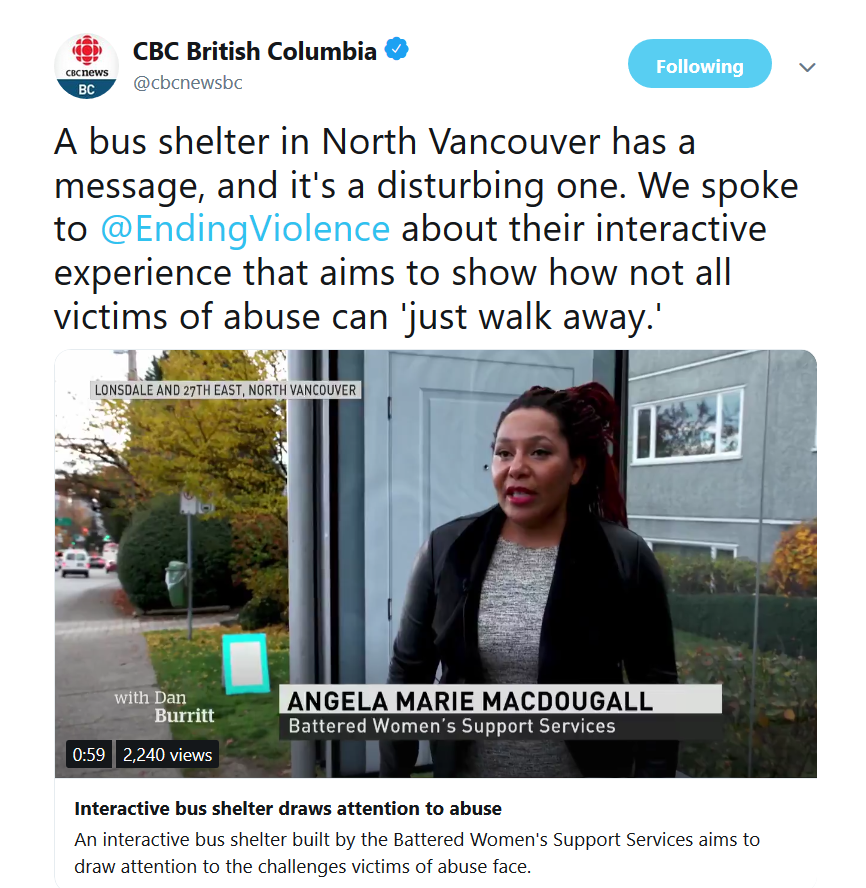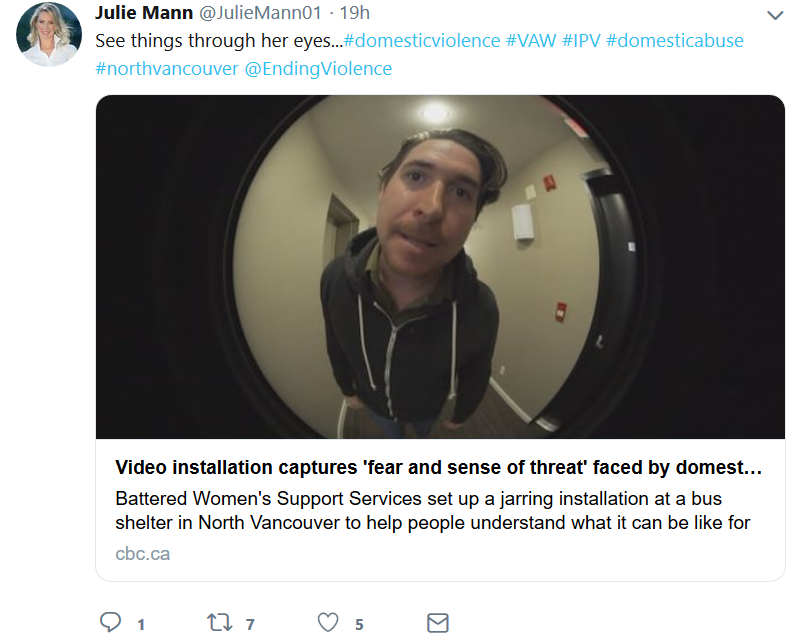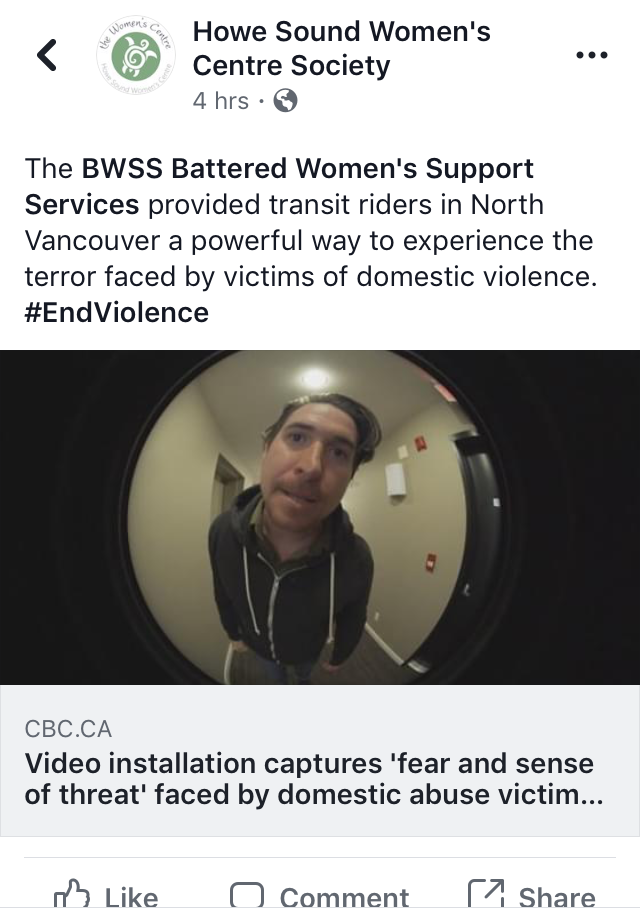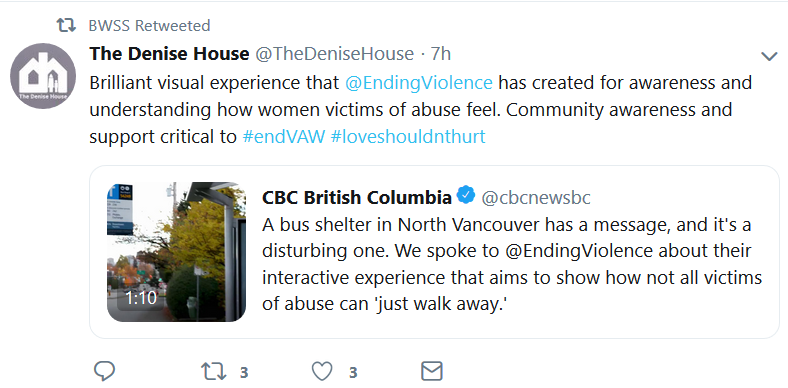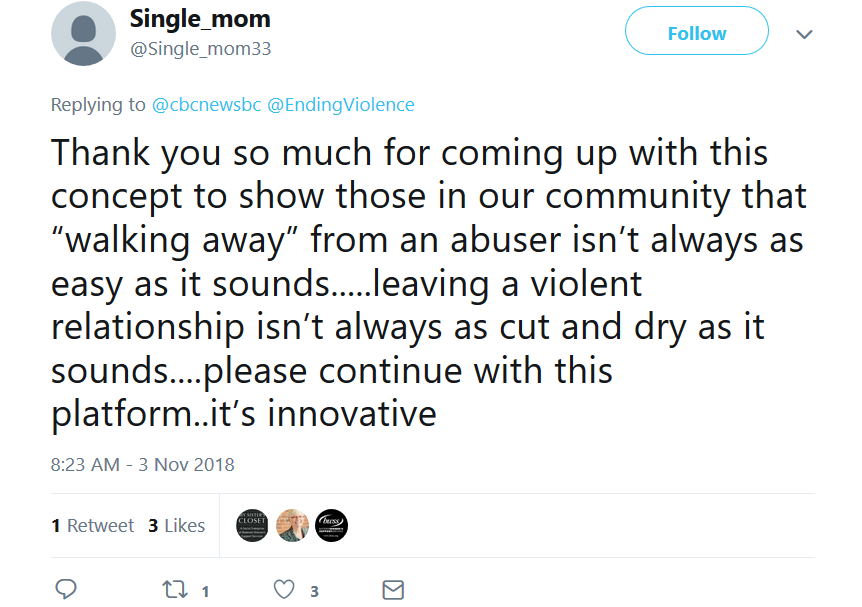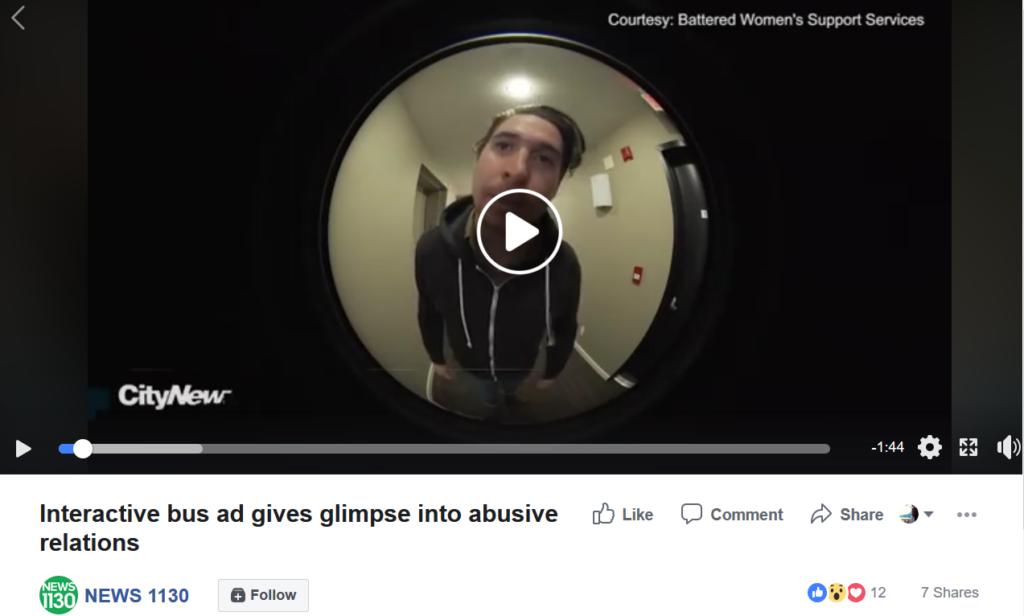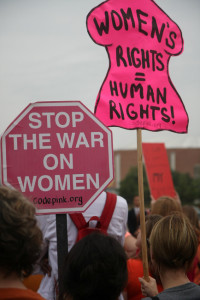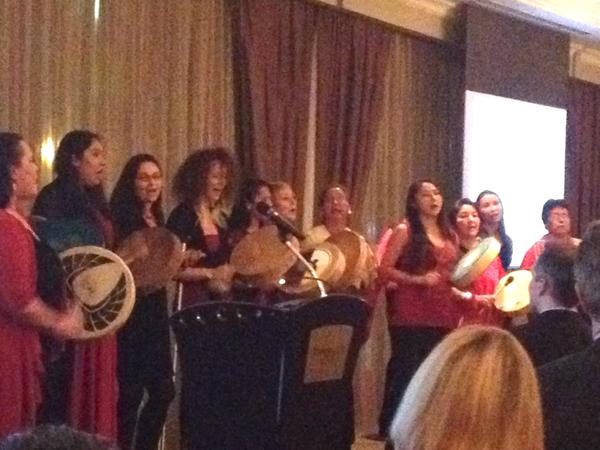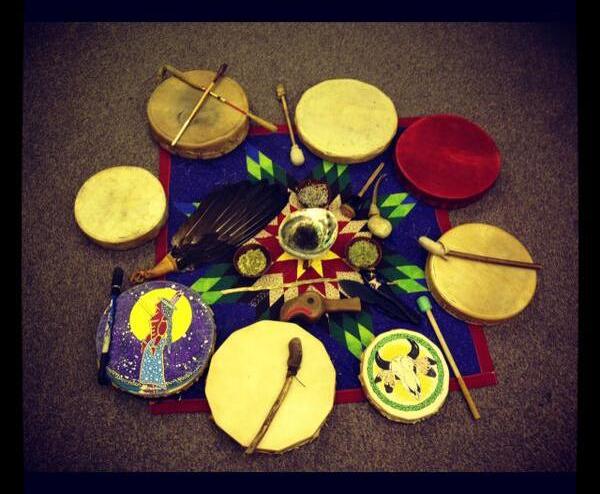by Daniela Escolar and Emma Ellison, Support Group Facilitators
“Each step helped me look at my past life and understand what do I needed to do for my recovery. People’s stories about me don’t fit anymore my internal story anymore.”
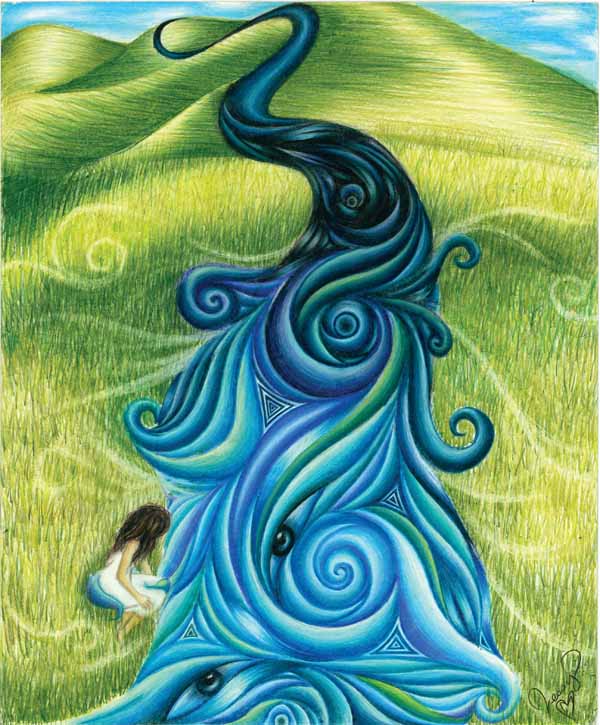
This Fall 2014 BWSS began a new session of our 16 Steps for Discovery and Empowerment support group. Based on the 16-step model developed by Charlotte Kasl, this group offers a self-affirming, wholistic, and empowering approach to support women on their journeys of self-discovery, personal growth, and working through the impact of violence.
This group is designed to support women in finding more safety and power in their lives, expand their definition of self beyond the stigmatized definitions they may be carrying, understand internalized oppression, validate positive survival intentions underlying addictive behaviours, and explore preferred ways to meet these needs.
“I received compassion for my struggles. Gained more insight and self-awareness about why I think and act the way I do so I’m less confused and ashamed of my thoughts, feelings, and behaviors”
Women participating in the group shared that they hoped to find a space for open-minded and open-hearted conversations, develop their skills for coping with the impacts of trauma, and develop tools for managing behaviors that are no longer helpful. Women also hoped to develop new tools to cope with feelings of pain, fear, stress, and oppression and increase their confidence, self-love, and personal power.
“It was a relief to be listened to without judgment and not being ‘rescued’.”
“I felt free to be vulnerable, becoming more and more comfortable with being myself, and being at the place where I’m at in this moment in my life.”
Every group begins with each participant sharing something new or positive that she did over the past week. In celebrating these often unacknowledged acts of personal power in their daily lives, women affirm each other’s and their own strength and creativity. Each week, participants discuss one step and explore how it relates to their lives and how it fits with their own sense of internal wisdom. Together, the participants and facilitators foster a flexible, creative, and open space for women to think for themselves and find their own path to healing and empowerment.
“The most important thing for me was that I’m allowed to affirm that I (we) will have the power to take charge of my (our) life (lives) and stop being dependent on other people for my (our) self-esteem and security.”
The 16 Step approach views women in their wholeness – mind, body, spirit, and within a social context – and holds each woman’s inner voice as the ultimate source of wisdom. We start from the perspective that each woman is the expert in her own life, with innate knowledge, creativity, and skills to support her healing and guide her journey.
“I feel lighter, more aware of myself and hopeful in my journey.”
For many women, this is new and refreshing approach to healing from abuse and working through addictions. Their skills for surviving trauma under oppressive and harmful conditions have often been overlooked, devalued, shamed, and stigmatized by mental health systems, treatment programs, society, and religion. The 16 Step model offers a strength-based approach for women to understand themselves, their experiences, and their skills for navigating the world around them, which challenges dominant stories of guilt, personal blame, and condemnation. Recognizing the amazing creativity and abilities that women have used in order to survive horrendous trauma brings a whole new perspective to stigmatized addictive behaviours such as substance use.
“I can put shame and guilt down and walk away from it.”
Women have shared that attending this group impacted them positively. The group helped them to validate and learn to love themselves; it normalized their experience; helped them to leave behind guilt and shame, understanding that they have done the very best that they knew in order to survive; process grief; have more compassion and understanding for themselves; reconnect with their bodies and with their chosen spirituality; and start healing broken relationships and feel hope.
For more information and/or to join 16 Steps for Discovery and Empowerment support group, please call 604.687.1867 or email daniela@bwss.org.
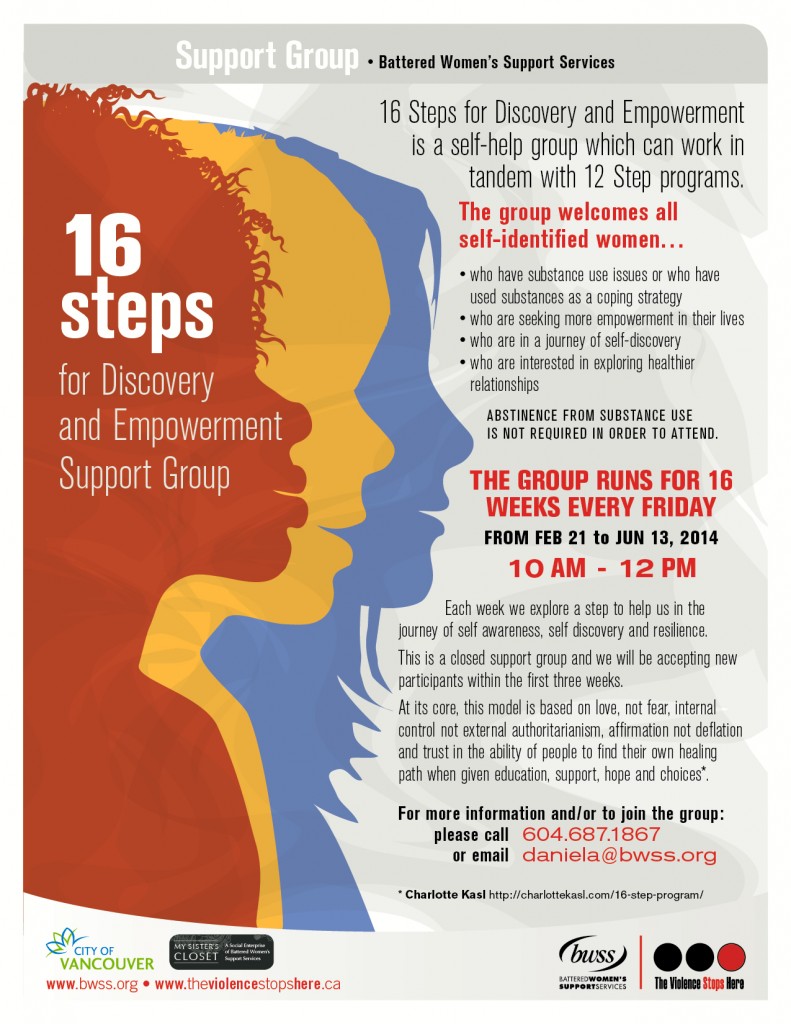
Read more about our 16 Days of Activism Against Gender-based Violence campaign:
International Day to End Violence Against Women in Canada
Culture Shifts Recognized as Women’s Group Commemorates 35 years of Work to End Violence Against Women
Women’s Leadership for One Future Without Violence
The Dynamics of Power and Control After Separation in Relation to the Family Law Processes
Intrinsic to women’s empowerment, support groups at BWSS are made possible with the financial contributions from people like you.


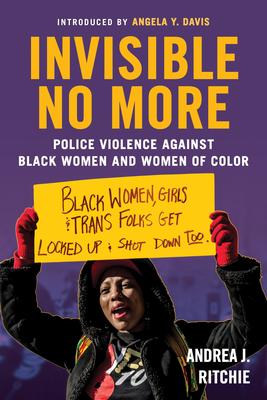

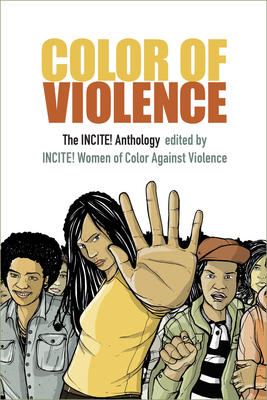
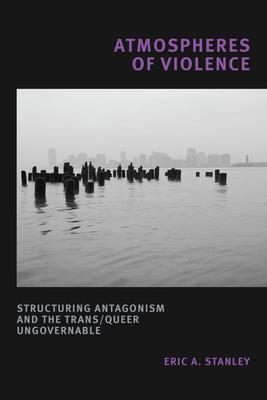
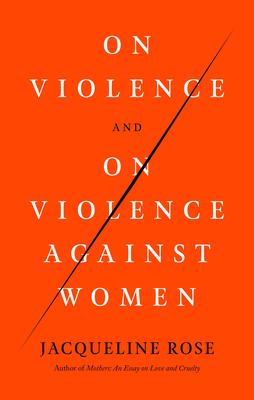
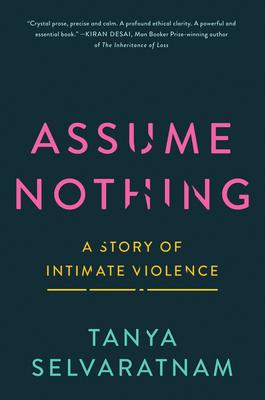
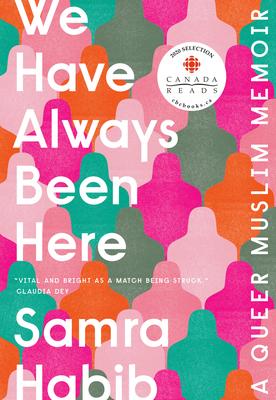
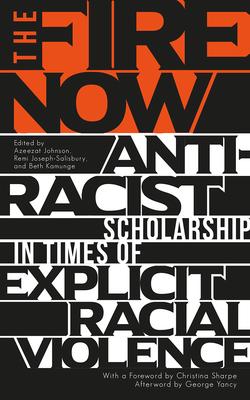
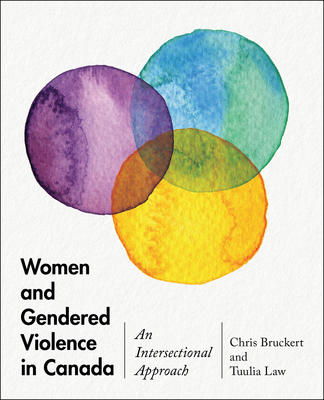
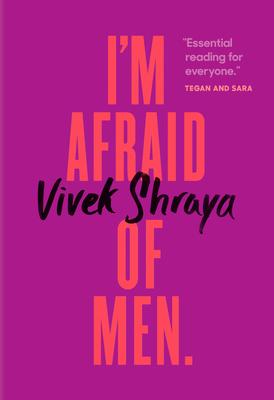
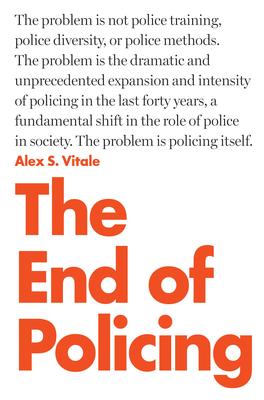
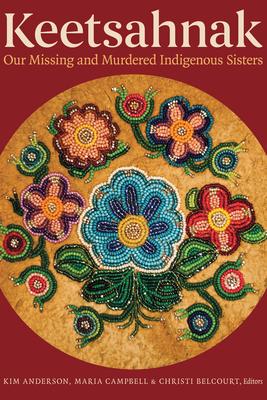
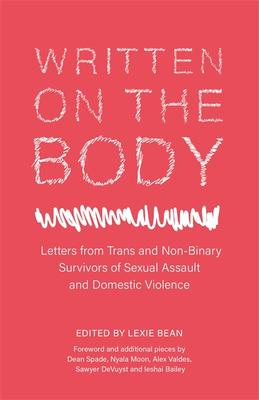
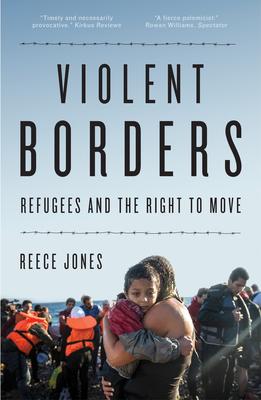
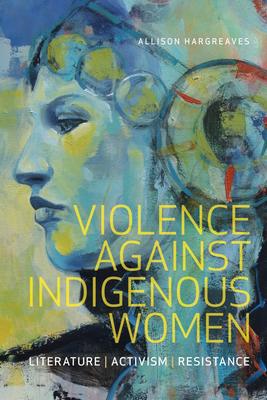

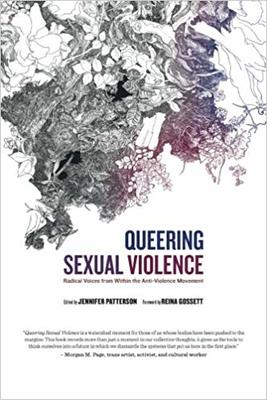
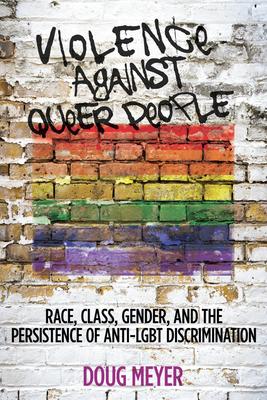
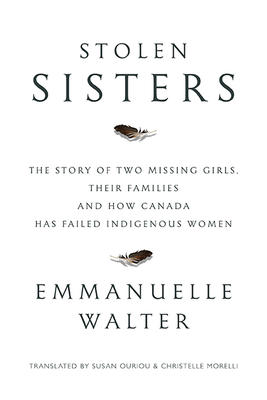
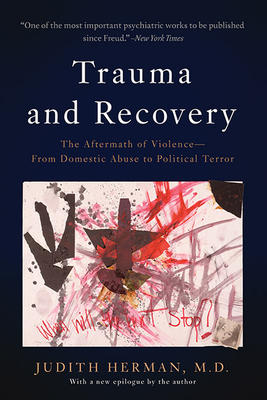
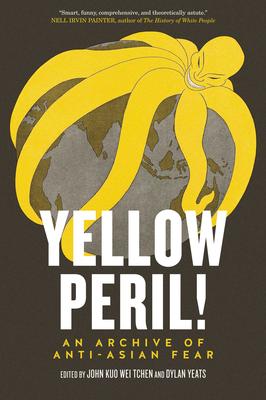
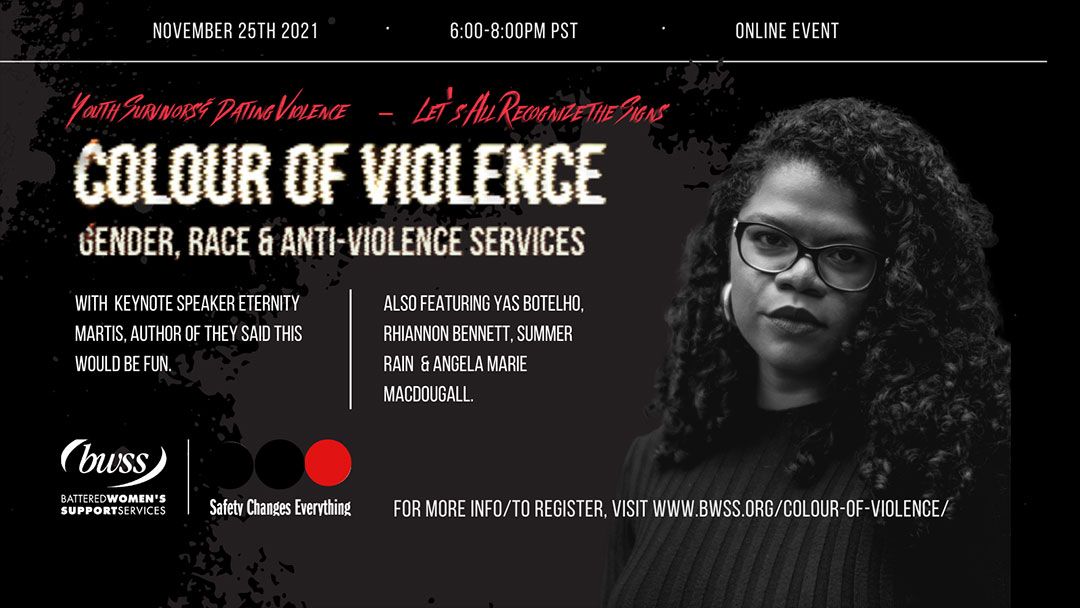
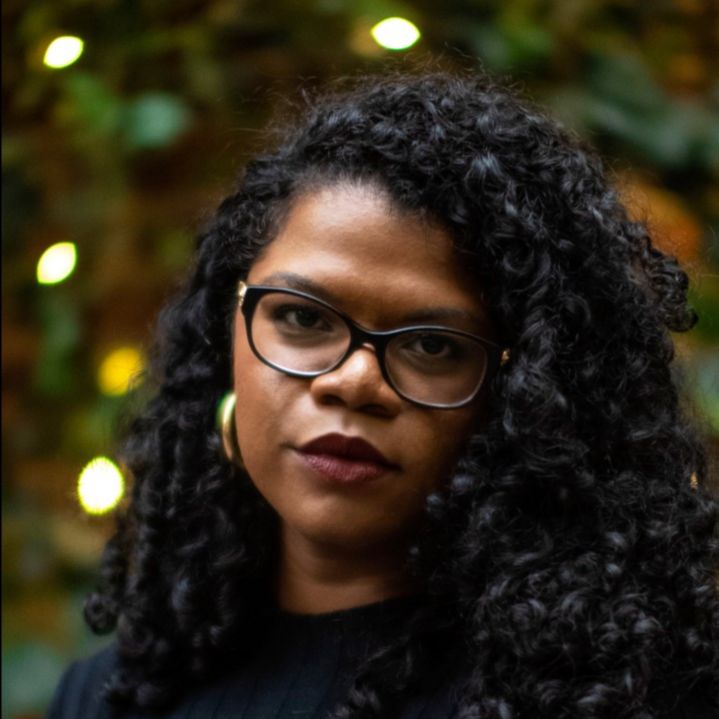
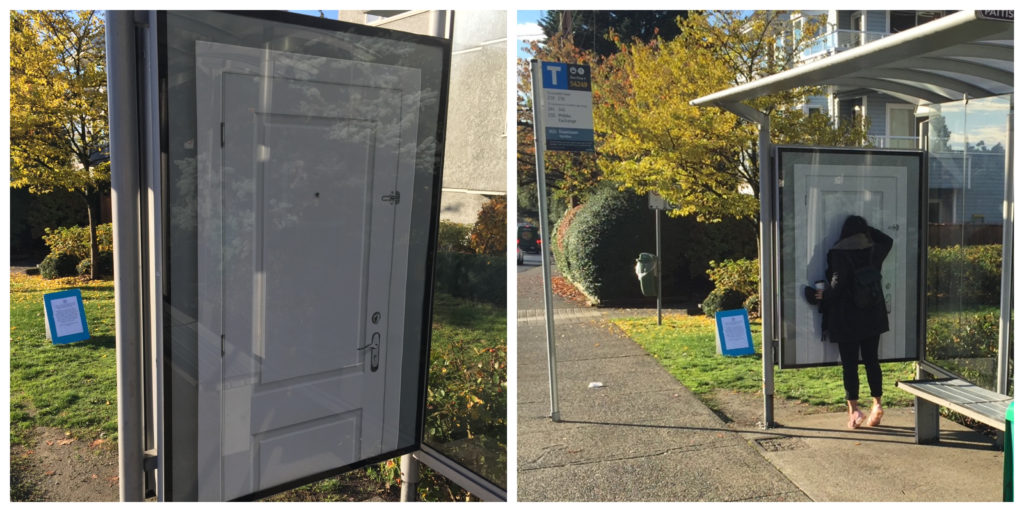
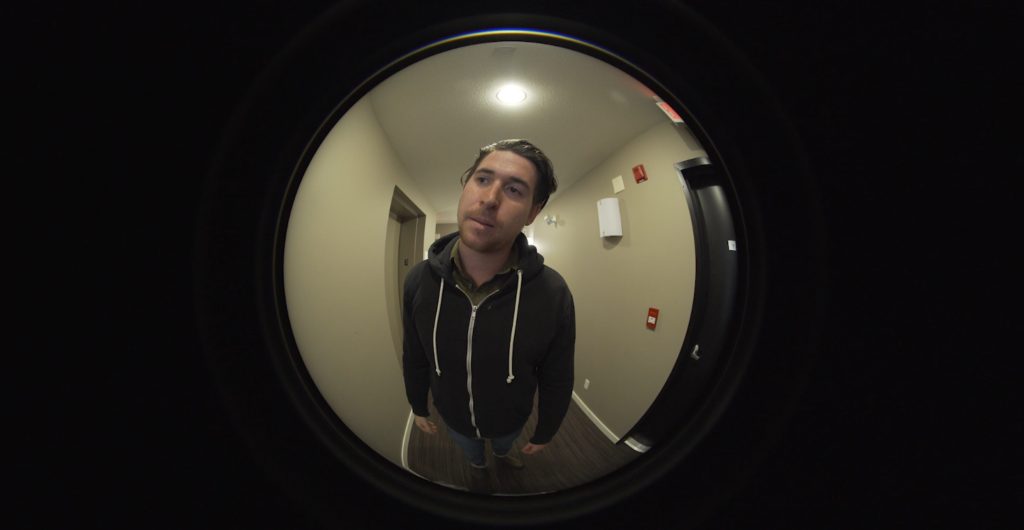



 CBC Radio – On The Coast –
CBC Radio – On The Coast –